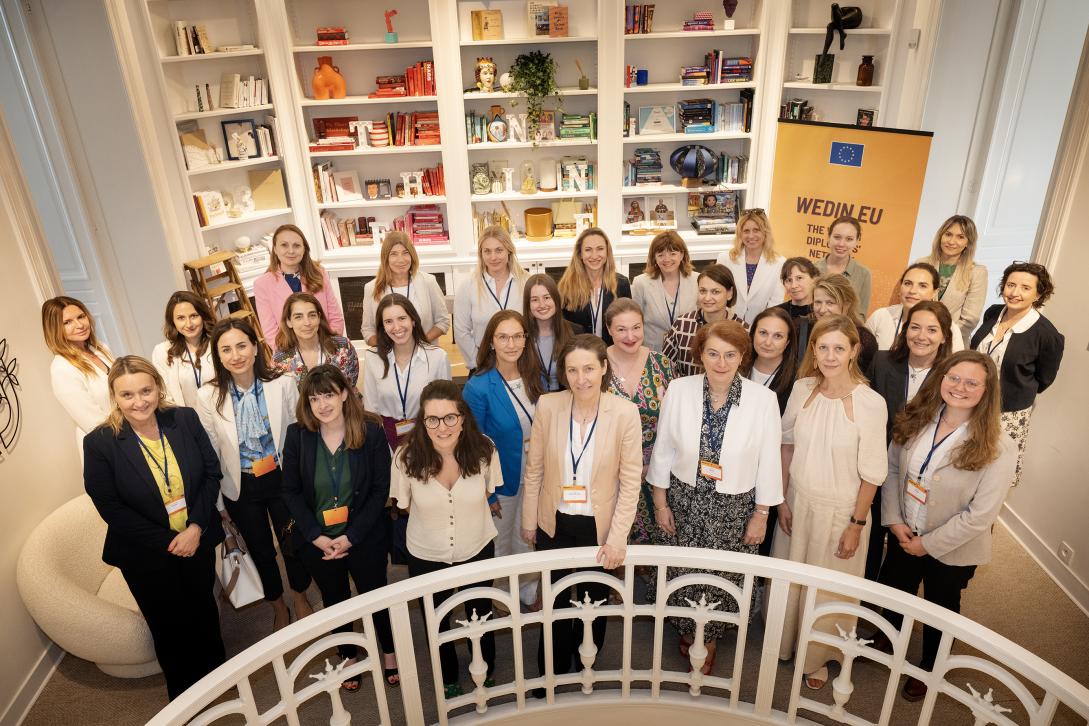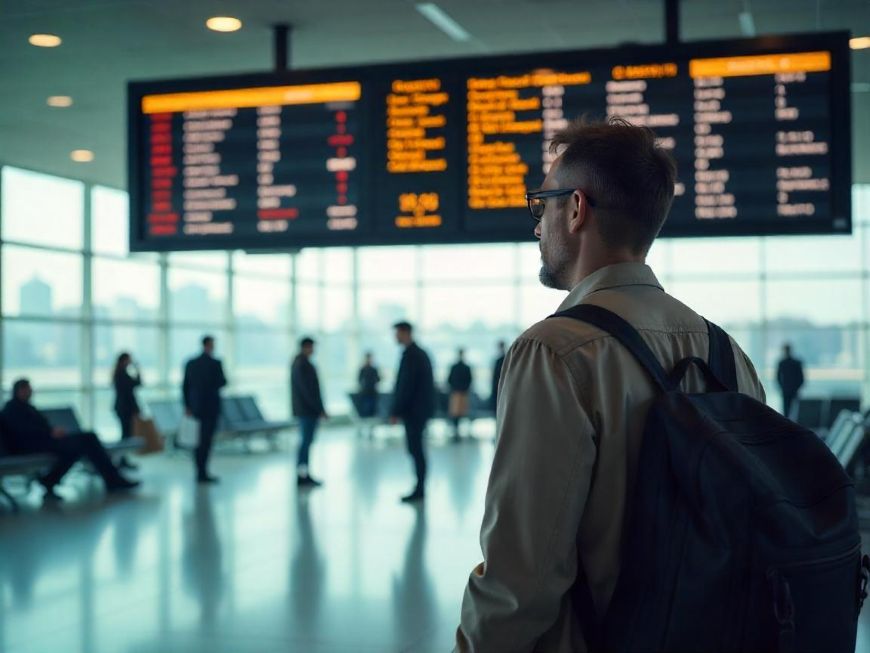
© EU/Simon Pugh Photography
Such was the tone of the fourth consecutive meeting of the Network of , gathering the Women at the European External Action Service (WEEAS) and networks of women diplomats of EU Member States Ministries of Foreign Affairs on the occasion of the The networks of European women diplomats demonstrate their determination to use their positions to work for gender equality in all policies abroad and advancing the Women, Peace and Security Agenda in a changing world.
EU/Simon Pugh Photography
The WEDIN EU network meets every year to explore best practices to empower EU women diplomats within their institutions. “We can all be role models through connection, compassion, and integrity” said , Chair of Women at EEAS network during her opening speech at the Fourth Annual WEDIN EU event held at The Nine in Brussels on 24th June.
The event moderated by the WEDIN EU coordinator , offered a day full of engaging discussions and valuable interactions. The sessions included a focus on gender-mapping work within EU diplomatic services and practical steps organisations can take to advance internal gender equity, and the role women diplomats can play in the current geopolitical context, particularly when it comes to defending values and advocating for gender equality.
EU/Simon Pugh Photography
, Canadian diplomat and Chair of Women in International Security Canada, was invited as Guest Speaker. In light of , Koenig offered compelling insights into how women can actively advance gender equality, peace, and security in today’s challenging times. She stated:
Women’s exclusion from peace tables is not just a missed opportunity—it’s a failure of strategy. In a world characterized by the proliferation of conflict, we need peace negotiations to work. And peace agreements are 35% more likely to last at least 15 years when women participate meaningfully.
Koenig also emphasised the importance of inclusive representation of women:
We must be sure to ask: which women are being brought to the table? In the ‘Global North’, the participation of Black women in diplomacy statistically lags behind white women and Black men. Historical and ongoing hostility remains a barrier for LGBTQI+ foreign service members in certain countries. Our work to advocate for women’s representation in diplomacy MUST also be intersectional.
EU/Simon Pugh Photography
Having delved further into why integrating gender equality is key, it's fitting to conclude with a particularly insightful analogy by Maja Stojanovska and Lena Larsson during their training session on gender mainstreaming:
If one compares an organisation with a house, gender equality work has often been left in the garden shed: carried out in separate projects, without any real impact on day-to-day activities. Gender mainstreaming is about moving gender equality into the house, to achieve a gender equality perspective in day-to-day activities.










